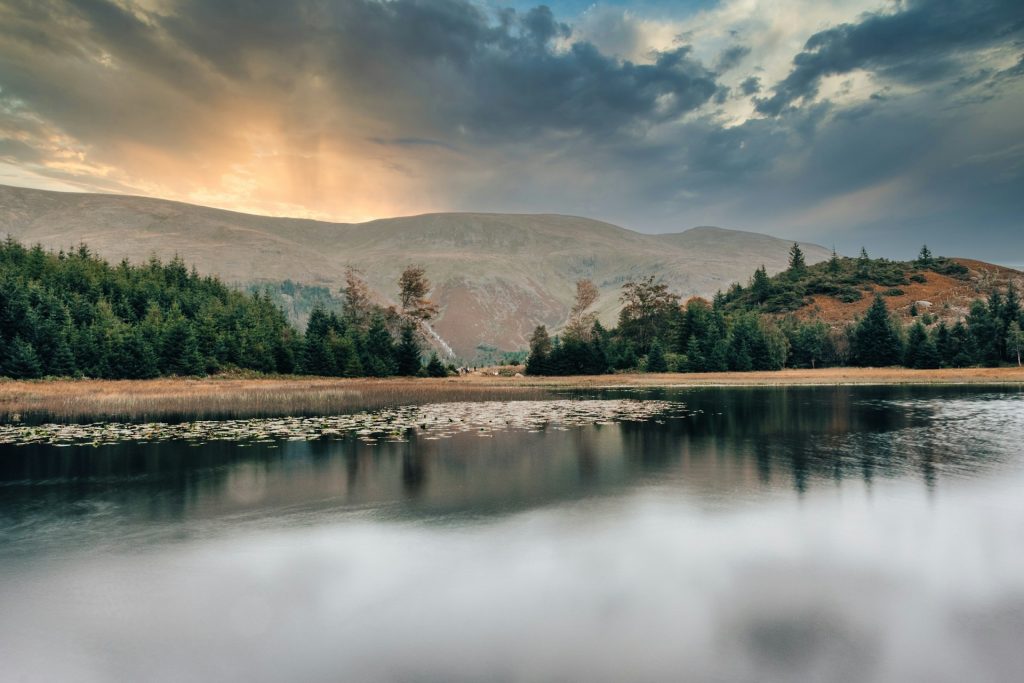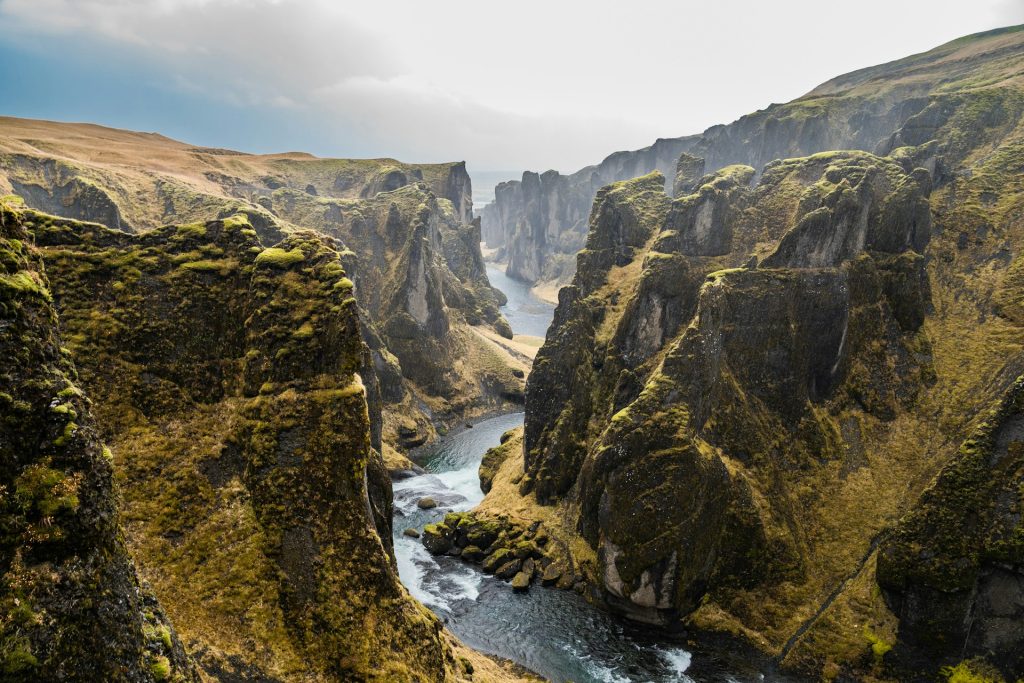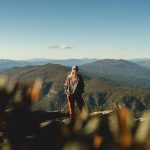Table of Contents
As the rickety train chugged through lush rice paddies, I found myself sharing samosas with a Muslim family, laughing at a Sikh gentleman’s jokes, and swapping travel stories with a group of backpackers from countries I’d only seen on the news. In those few hours, years of ingrained stereotypes began to crumble.
The Power of Human Connection
Travel has this incredible way of forcing us out of our comfort zones and into the lives of others. It’s not just about seeing new places; it’s about experiencing new perspectives. When you’re far from home, stripped of familiar surroundings, you’re suddenly vulnerable and open in ways you never thought possible.
I remember sitting in a tiny cafe in Istanbul, sipping thick Turkish coffee with a group of locals.
We didn’t speak the same language, but somehow, through a mix of charades and broken English, we managed to share our hopes, fears, and dreams. It struck me then how universal human experiences are, regardless of culture or background.

Breaking Down Barriers, One Conversation at a Time
Travel has this unique ability to humanize the “other.” It’s easy to hold onto prejudices when you’re safely tucked away in your bubble, but it’s a whole different story when you’re face-to-face with the people you’ve been taught to mistrust.
I’ll never forget my experience in a small village in rural China. I arrived with a head full of preconceptions about communism and human rights.
But as I spent time with the villagers, sharing meals and helping with daily chores, I realized how one-dimensional my understanding had been. These weren’t faceless statistics or propaganda figures; they were real people with complex lives, hopes, and struggles.
Challenging Our Own Biases
One of the most powerful aspects of travel is how it forces us to confront our own biases. It’s humbling and sometimes uncomfortable, but it’s also incredibly liberating.
I had always prided myself on being open-minded, but a trip to the Middle East revealed prejudices I didn’t even know I had. I found myself surprised by the warmth and hospitality I encountered, ashamed of the fear I’d felt walking through markets and mosques.
It was a stark reminder that even those of us who consider ourselves worldly can harbor deep-seated stereotypes.
The Ripple Effect of Travel
The beauty of travel-induced transformation is that it doesn’t stop when you return home. The lessons you learn, the connections you make, they ripple outward, affecting your interactions and perspectives long after your tan has faded.
After my experiences abroad, I found myself more curious about the diverse communities in my own city. I started volunteering at a refugee center, eager to continue the process of learning and connection.
The stories I heard there were a powerful reminder that you don’t always need a passport to challenge your preconceptions.
Embracing Discomfort for Growth
Let’s be honest: travel isn’t always comfortable. There are moments of confusion, frustration, and even fear. But it’s in these moments of discomfort that the real magic happens.
I remember feeling completely lost in Tokyo, unable to read signs or communicate effectively. It was overwhelming and humbling. But in that vulnerability, I experienced incredible kindness from strangers.
A young student spent hours helping me navigate the subway system, expecting nothing in return. It was a powerful lesson in human goodness that transcended cultural barriers.

The Role of Food in Breaking Barriers
They say the way to a person’s heart is through their stomach, and I’ve found this to be especially true when traveling. Sharing a meal is an intimate experience that can bridge even the widest cultural gaps.
In Lebanon, I was invited to a family dinner in a small village. Despite the language barrier, the warmth and hospitality were palpable.
As we passed around plates of tabbouleh and kibbeh, I learned more about Lebanese culture and family values than any guidebook could ever teach me. Food became a universal language of connection and understanding.
Overcoming Fear Through Personal Encounters
Fear often stems from the unknown. Travel has a way of replacing that fear with faces, names, and personal stories.
During a trip to South Africa, I visited townships that I’d always associated with danger and poverty. What I found instead were vibrant communities full of entrepreneurship and resilience.
I met young activists passionate about education, artists turning discarded materials into beautiful creations, and grandmothers running successful micro-businesses. These encounters completely reshaped my perception of a place I’d only known through sensationalized media reports.
The Importance of Listening and Learning
One of the most valuable lessons travel has taught me is the importance of listening. Really listening, without judgment or preconception.
In Palestine, I had the opportunity to stay with both Israeli and Palestinian families. The experience was eye-opening and heartbreaking. By simply listening to their stories, without trying to debate or defend, I gained a nuanced understanding of a conflict I’d previously seen only in black and white terms.
Challenging Media Narratives Through First-Hand Experience
In our interconnected world, it’s easy to feel like we know a place before we’ve even set foot there. Media narratives shape our perceptions, often reinforcing stereotypes and prejudices.
My trip to Iran was a perfect example of how travel can challenge these narratives. Before going, my perception was shaped by news reports of nuclear tensions and oppressive regimes. What I found instead was a country rich in history, with some of the most hospitable people I’ve ever encountered.
Young Iranians spoke openly about their hopes for the future, their love of Western music and culture, and their frustration with how their country is portrayed abroad. It was a powerful reminder to always question the narratives were fed and seek out first-hand experiences.
The Transformative Power of Long-Term Travel
While even short trips can challenge our preconceptions, there’s something particularly powerful about extended travel. When you spend months in a place, you move beyond the surface-level observations and start to truly understand the nuances of a culture.
During a six-month stay in Indonesia, I witnessed the complex interplay of tradition and modernity, the diversity within Islam, and the environmental challenges facing island communities.
This deep dive allowed me to see beyond my initial impressions and develop a more nuanced understanding of Indonesian society. It’s an experience that has made me more cautious about making sweeping generalizations about any culture or country.
Bringing the World Home
The true test of travel’s impact on our prejudices comes when we return home. It’s one thing to have your mind opened while you’re away; it’s another to maintain that openness in familiar surroundings.
After my travels, I found myself becoming an unofficial ambassador for the places and people I’d encountered.
I challenged friends’ stereotypes about Muslims after my time in Indonesia, shared stories of Iranian hospitality to counter negative media narratives, and used my experiences to promote understanding in my own community. It’s a reminder that the ripple effects of travel can extend far beyond our own personal growth.

A Lifelong Journey of Understanding
Travel has taught me that overcoming prejudices isn’t a destination but a journey. It’s about cultivating curiosity, practicing empathy, and remaining open to having our worldviews challenged.
So, pack your bags, open your mind, and prepare to have your preconceptions shattered. The world is waiting to surprise you.

I’m Simon St John, an editor who thrives on finding the profound moments in travel. With a background in crafting engaging stories for all generations, I delve into both grand adventures and simple discoveries. Through Tripnosis.me, I aim to showcase how travel can be a powerful catalyst for personal growth and deeper connections. My goal is to present fresh narratives that inspire and redefine your travel experience.




